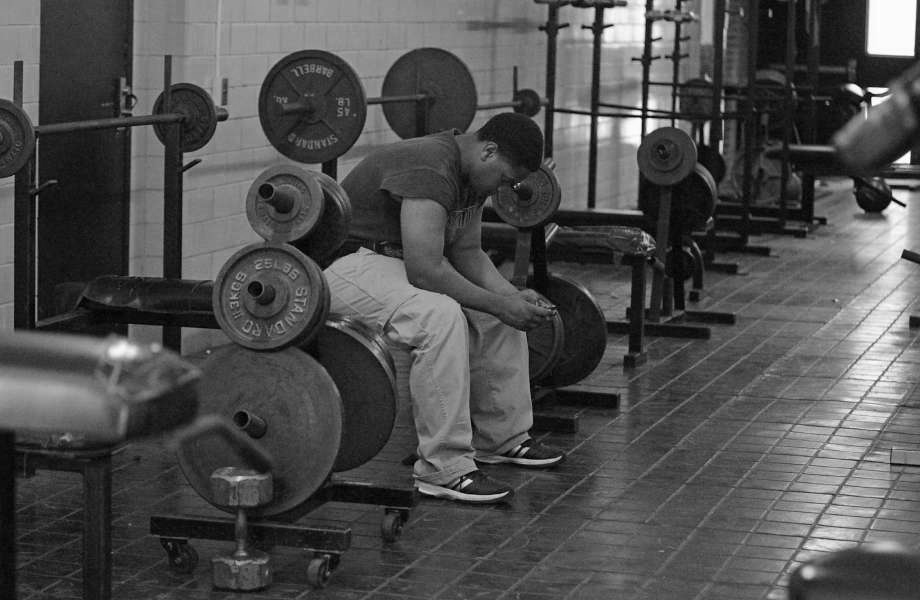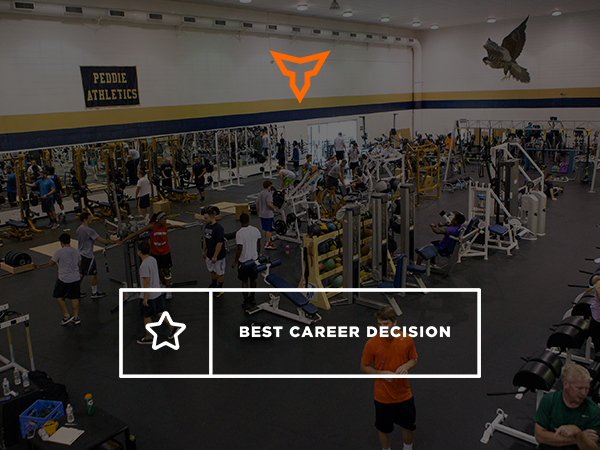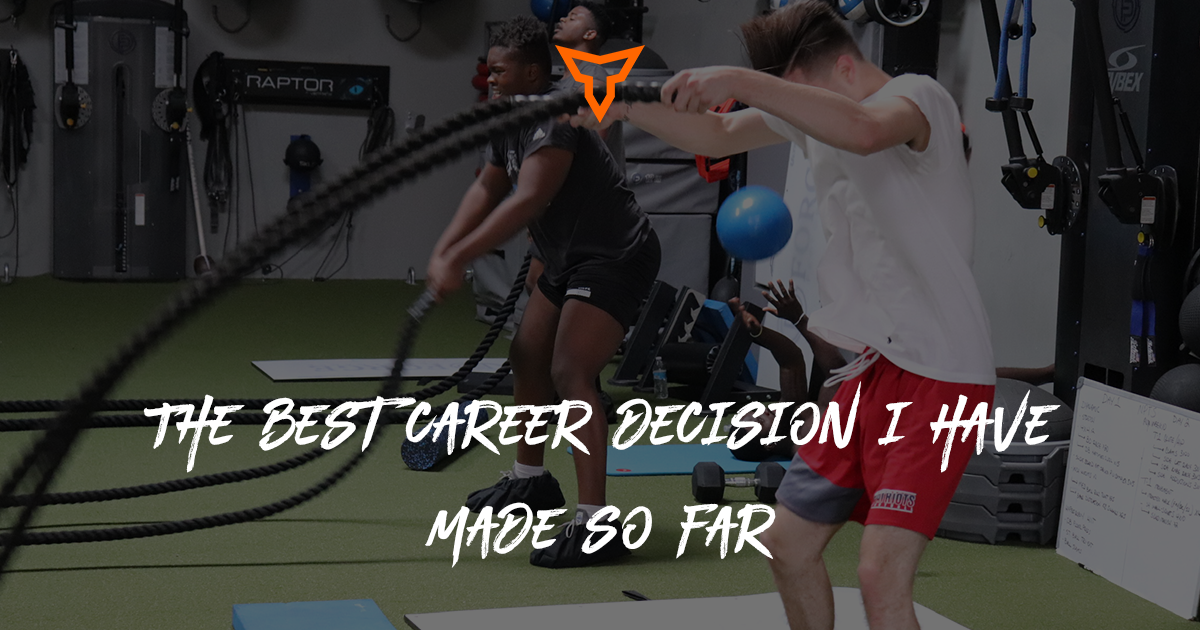Navigating Career Paths: My Best Professional Choice
What is the best thing I ever did for my career? That’s an easy question. Early in my career, all I wanted to do was to know everything about Strength and Conditioning. I went to every clinic I could, read all the books, and tried to visit everyone I could. It was the great obsession in my life and was beginning to cost me too much. Part of the things that this obsession was costing me was buy-in from athletes. Sure, I could talk about all sorts of training theory and I wrote the most descriptive and in-depth macrocycles and mesocycles, but the athletes weren't impressed with what I knew.
Then things changed when my habits changed. It happened by accident, but instead of picking up a new book about periodization I bought a book on business by mistake. Since I had already bought it, I wasn’t going to waste money, so I began to read it. Then I re-read it while taking notes. Learning these ideas about business was like pouring jet fuel on a fire. I started thinking in new terms and I looked at all the programs through a different set of values. Instead of just looking at results from a training cycle, now I was running a statistical breakdown on how we did. I was looking at the time commitment for the workouts to find the greatest return on investment of that time. After viewing the workouts through a set of business standards, I wondered what other areas could I learn from?
Then I started buying books about motivation, self-help topics, psychology, sociology, and every but exercise physiology or training theory. Those books led to different ideas, different conversations, and seeing different results from workouts. We often talk about being a great coach is a mixture of being an artist and scientist. In order to do this, you must embrace the idea of becoming a renaissance man: someone who many talents or areas of knowledge.
So, what was the best thing I ever did for my career? It was deciding to read two books that are not related to strength and conditioning to every exercise science book.
Subscribe to our blog
Subscribe to receive the latest blog posts to your inbox every week.
Related posts

Surviving or Thriving? Principles for Creating Longevity in Your Role

Strategic Moves for a Sustained Coaching Career

